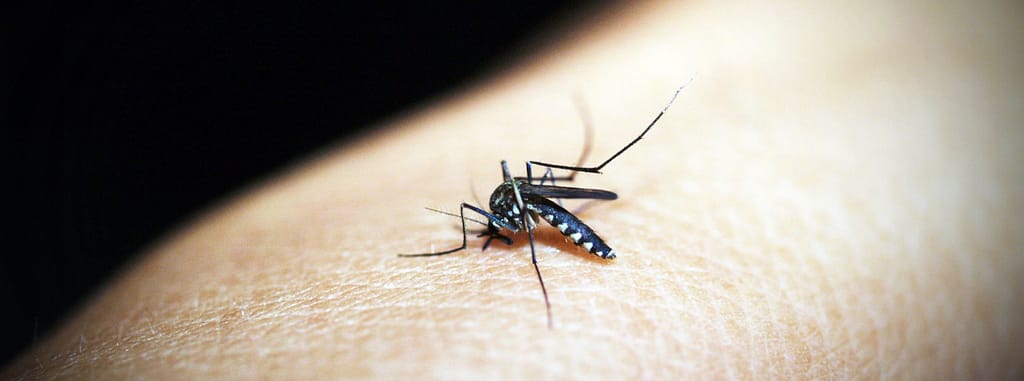How could Climate change possibly be connected to Malaria?
Climate Change, which is a change in the average weather condition of a place for an extended period of time and Malaria being a disease transmitted by the female Anopheles Mosquito, when she bites an infected person, a small amount of blood is taken in which contains microscopic malaria. Mosquitoes being cold blooded creatures and the female mosquitoes are in particular attracted by heat and Carbon Dioxide to hosts such as humans, mammals, and birds.
Weather and Climate are major determinants of the distribution of malaria, according to the The Intergovernmental Panel on Climate Change (IPCC), anticipated changes in temperature and rainfall will affect the natural habitats of mosquitoes, changing the prevalence of the vector or prolonging transmission seasons (or both) in some areas, and potentially exposing new regions and populations to malaria and other vector-borne diseases.
So what this means is that as the effect of Climate Change begins to unfold, and temperature, rainfall and humidity begins to differ, the potential of having more and more mosquitoes around will heighten. Especially in densely populated regions of Africa and South America whose inhabitants have very little protective immunity over the disease.
Countries like Botswana have been very proactive about this issue, by developing an early warning system that integrates a seasonal rainfall forecast with population and health surveillance information; there has been a of up to four months in the time needed to respond to the warning of malaria epidemics, according to Roll Back Malaria Reports.
The ICPC also reports that temperature rises (associated with current rates of carbon emission) of just 2–3 degrees Celsius could increase the number of people who are vulnerable to malaria by up to 5%, representing several hundred million people.
So we all have an extra reason to fight Climate Change, considering the fact that children below the age of 5 are at the most least from Malaria, it is pertinent that we play our part to protect the future generation, we need to watch our human activities by limiting fossil fuel usage, food waste dumping on land fills which end up relasing carbon dioxide and other green house gases to the environment and in turn begin to plant trees and raise awareness on local and international climate actions around you.

